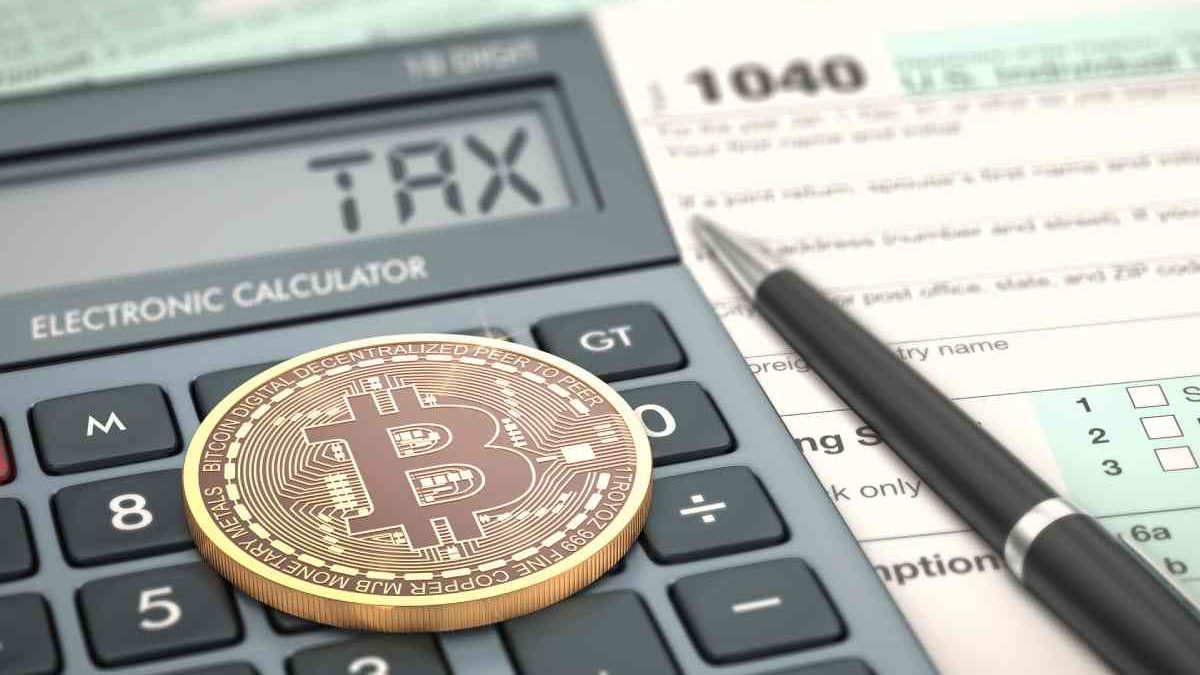With ever-advancing technology, the concept of currency has undergone a significant transition from being merely a physical entity to getting digitized. Cryptocurrency is the typical form of digital money that is decentralized globally all over the internet. There are various currencies, one being Bitcoin, which was introduced in 2008. It remains to hold the spot for becoming the biggest and the most influential digital currency to date. If you are interested in learning the A to Z of cryptocurrency, then looking at the taxation levied on Crypto is necessary. This crypto tax guide will delve into the basics of taxes on cryptocurrency.
Many countries regard cryptocurrency as a form of property regarding its taxation. If you are interested in buying, selling, or investing in cryptocurrency in Australia, you must educate yourself about the tax-imposing norms in the country. If you are involved in crypto transaction exchanges with foreign cryptocurrency exchanges, you must fulfil the tax requirements in the other country. You can always contact a tax agent or the Australian Taxation Office to understand the basics. A crypto tax guide is incomplete without the three steps that will aid you in managing the tax responsibilities with cryptocurrency.
Table of Contents
1. Reporting the crypto disposals
It is imperative to report every disposal of Crypto to tax your capital gains. This situation applies when exchanging one Crypto for another or trading, selling or gifting the same. You should follow the conversion procedure of cryptocurrency to fiat currency. Fiat currency is the currency legalised by the government or the law. If you are involved in transferring cryptocurrency from a digital wallet to another, it is not seen as a disposal case as you are maintaining the ownership. However, if the cryptocurrency value decreases during the transfer process to cover the network fee, paying the capital gain consequences becomes mandatory as a disposal case.
2. The concept of CGT
A cryptocurrency exchange in terms of goods, cash or another cryptocurrency, is usually seen as a disposal case and fulfils the condition for paying Capital Gains Tax (CGT). This scenario requires you to include a capital gain or loss in the tax return. A capital gain or loss is the difference between the cost base and capital proceeds.
3. Records are a must
You must maintain the transactional records linked to the actions of acquiring, holding and disposal of cryptocurrency. The documents should be kept for five years post disposal of cryptocurrency.
Capital gains or capital loss?
Capital gain is the value increase during an investment or a real estate possession that differs from the original buying price. If the asset value increases, you will be obligated to pay tax on your capital gain. This type of gain is further categorised into realised and unrealised. The realised capital gain occurs when you sell an investment or property for a value higher than you purchased. An unrealised capital gain arises when your assets’ value increases, but you are unwilling to sell them. The twist is that you are obligated to pay taxes only on the realised capital gains.
On the other hand, capital losses take place when your investment value keeps decreasing. If your investment’s present value is less than the original purchase value, you are experiencing a capital loss. A capital loss is used to reduce the total tax you will have to pay on capital gains.
To sum it up
Crypto has become one of the ever-increasing digital spaces where investors can freely trade and invest. It has been receiving popularity over the past few years due to its accessibility and convenience. However, it is imperative to possess knowledge of the taxation system imposed on Crypto before diving into it. Now that you are acquainted with the crypto tax, you can freely explore the trading world.


